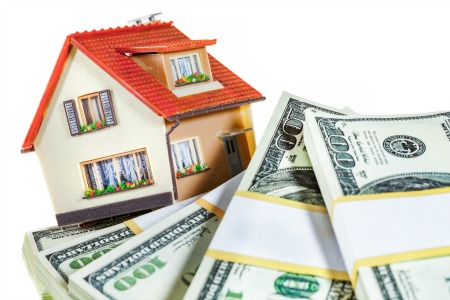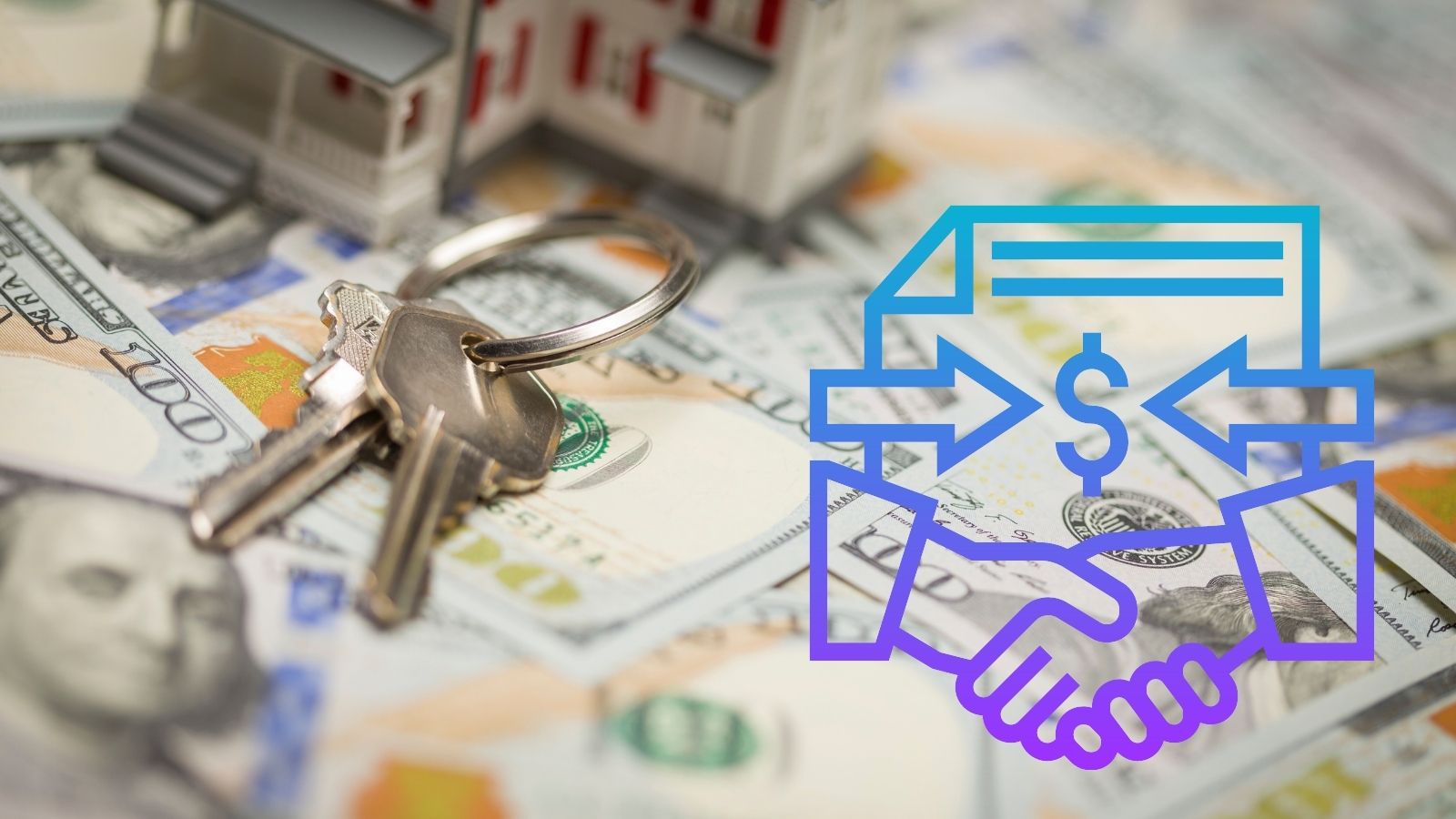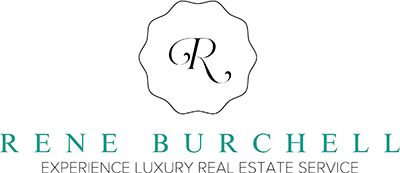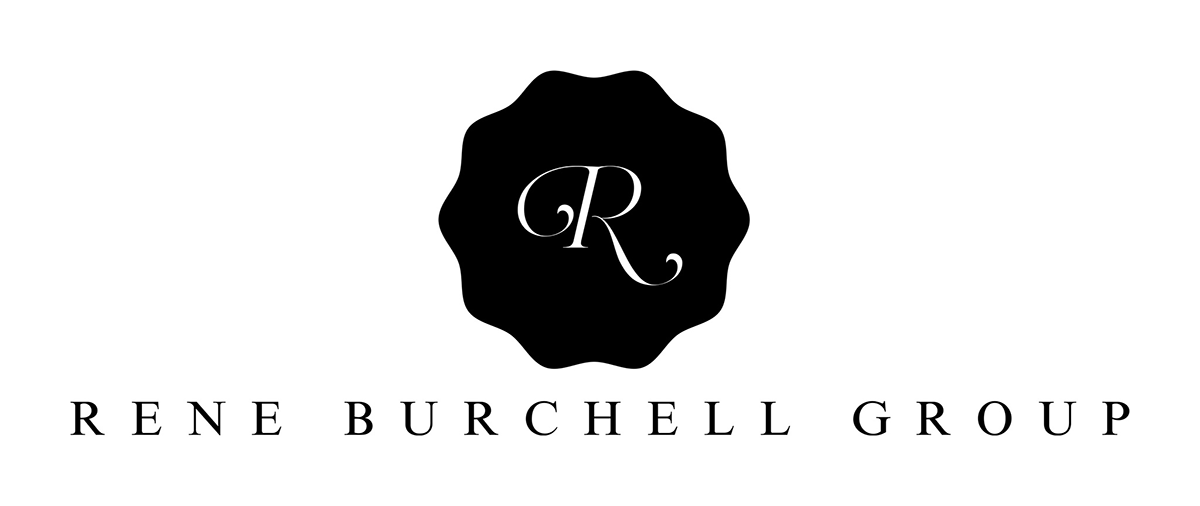Home purchases are usually an expensive process for many people. In most cases, they need to have enough money saved for their down payment, monthly mortgage payments are regular utility bills. This is in addition to their other regular expenses.
Escrows are another common home-buying expense. The escrow amount can vary depending on the sale amount and where you live. Escrow accounts are opened and escrow fees are paid to the escrow or title agent before the transaction has been finalized.
Buying a home in Texas isn’t always easy. You have to pay attention to current market trends and economic conditions and be willing to negotiate if necessary. There will be different people involved at various stages, and you may need to deal with unexpected delays or problems from time to time. You should still be able to accomplish your goal of owning a home no matter what happens. Patience, persistence and a proper plan of action can help you succeed. Here are a few things to know about escrow:
Escrow is the use of a third party that secures money or other tangible assets that are transferred between parties. It’s a kind of middle man whose job is to retain those assets to ensure that both the home buyer and home seller abide by the terms and conditions of the sale agreement.
Escrow will usually appear twice during the following steps in a home sale
1. A title or escrow agent will open an escrow account for you before closing.
This account is opened to hold funds for the home buyer’s good faith deposit or “earnest money.” You won’t have to set up the account, the agent should handle that responsibility for you.
This deposit signifies your intent in owning the home. The actual dollar amount will vary, depending on the sale. It’s usually anywhere from one to three percent of the house’s sale price. The seller usually takes their property off of the market at this time.
This escrow money may be returned to the home buyer if certain conditions of the purchase agreement are not met, such as not having the home inspected or appraised. Another example is if the home inspection reveals significant problems with the house that were not previously disclosed. If the buyer changes their mind or backs out of the deal for various reasons, the seller usually receives the escrow funds.

2. Your lender will open an escrow account after you’ve opened a mortgage loan.
That escrow account will retain money from your monthly mortgage payments that is set aside for insurance and taxes. Property taxes, mortgage insurance and homeowner’s insurance in some cases are the most common charges that are paid from this account. Those fees are paid by the lender out of the account when they are due.
The amount of money put into this account can vary. A good rule of thumb is to have at least two months of property taxes, homeowners insurance and mortgage insurance payments set aside to be withdrawn before their respective due dates. Some homeowner’s insurance policies may require up to a year’s worth of payments be paid up front.
This kind of escrow account is usually mandated by most lenders. It protects their investment, in case you fall behind on your mortgage payments. It can also save you significant time and effort. You won’t have to make those payments by yourself every month. It also eliminates the need to save or budget for those expenses, because they are already being subtracted from the escrow account when they are paid.
What Does Buying a House “As Is” Mean?
Escrow accounts taken out by your bank don’t earn interest in Texas at this time. This probably won’t be an issue, especially since escrow accounts in states that require interest to be earned are very minuscule. You’d probably get a better interest rate on a savings account.
Most escrow account payments stay the same, although they can fluctuate from time to time. The escrow account may change because of changes in property value or property taxes that are assessed. Homeowners’ insurance payments may go up or down. This will really depend on the rates that the insurer charges. Mortgage insurance policies are only valid for a limited time, and will disappear from your escrow amount when the policy expires.
Escrow payments are typically reviewed once a year. You can ask your lender for a copy of this evaluation if you want. This can help you track those payments so you have a good idea of what to expect.
Your mortgage statements should provide information such as the amount of your monthly mortgage and escrow payments. You can see your balance and learn how much of your payments are being applied to taxes and insurance.
If there are any errors or sudden increases or decreases in those payments, talk to your lender so that you can understand the reasons for those aberrations. You can also examine your insurance and property tax statements, even if those charges are being paid directly from your escrow account.

People who own their own businesses, receive commissions as their primary income or have already built at least 20 percent or more in equity may opt to avoid having an escrow account.
This can be a good option for people whose income is inconsistent or are skilled at saving for large purchases like a home. Just be sure to watch your monthly income and expenses, and remember that lenders may charge a higher interest rate as a result of an escrow account not being opened.
Escrows can be a little confusing and intimidating at first, but they’re really not that complicated. Your lender can help you understand the taxes and insurance money that are taken out when an escrow account is created after you’ve taken out a mortgage.
Your lender or escrow/title agent can give you a good idea of what you’ll be paying as earnest money for the escrow account that is opened before closing. These are both escrow accounts, but they are used for totally different purposes.
Once all final costs have been paid and the last paperwork is signed, you’ll receive the keys to your new home! You can move in whenever you want. You can breathe a sigh of relief, and congratulate yourself on achieving a major milestone. It’s time to start looking forward to creating lasting memories with loved ones in a wonderful place that you’ll be glad to call home.
Have Questions? Ask Rene!




